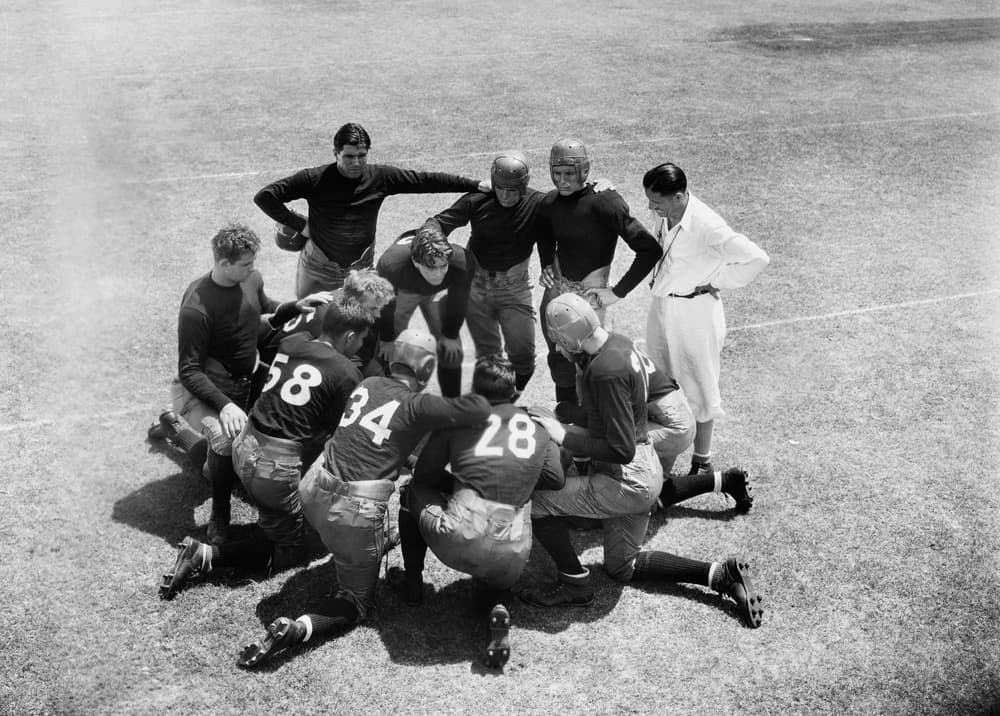From time to time I review files. For the most part they are fairly benign and normal insurance claims. I do have the pleasure of finding a hidden gem every now and then–a file where nothing makes sense. By nothing, I mean it’s clear an injury occurred somewhere. There are a ton of notes in the file from the adjuster and the account contact going back and forth over something (usually compensability or some Statute clarifications) but it is all worthless information. Why are these notes even in the file?
Crazy Promises Can Put Adjusters At Disadvantage
I know why, and this is the part of the adjuster’s job that does not get the attention they deserve. From the very start, account executives and salespeople promise the moon to new and prospective accounts. Promises such as “Your adjuster will drop everything and put your account first” to “We want to make sure you have every question answered within one hour of sending that email to us.”
Not only does this put the adjuster at the disadvantage, but it usually blindsides them because the salesperson forgot to mention this to the adjuster on the account. Crazy promises also allow an insured contact to think they have the control over whether a claim is accepted or denied based on whatever reasons they have to justify the action. Sadly, this is far from the truth.
Employers Need to Understand Their Important Role
Let me show you a good example that always sticks in my mind. This guy delivers stuff to stores. He was delivering product and as he moved his dolly and turned his foot he felt a pop in his ankle. He kept working. The next morning he mentioned it to his boss, who allegedly told him he couldn’t go to the clinic because they were already short staffed and he had to wait at least 2-3 weeks before treating because this employer needed all off the drivers they had (Employers—this is a very, very, very, very bad idea and please do not ever do this to your employees unless you want to be punished by your Jurisdiction should they ever find out about this).
So worker kept working another week or so but couldn’t wait any longer, so he went to his doctor. The doctor sent for an MRI which was negative. All in all this was an ankle sprain.
Now shift gears to the claims adjuster. The adjuster looks at the claim, and determines this is fairly objective. This worker had a specific incident, reported the claim and was denied treatment by his employer, attempted to keep working then went to his doctor which is allowed in this jurisdiction. The injury is no big deal; little bit of TTD and some therapy and this claim should be on the way to close.
When I looked at this file, the amount of documentation would fill boxes. This barely medium-level claim was viewed as a catastrophic claim by the employer. The employer peppered the adjuster with easily 40 questions about compensability, about how they could get around owing him TTD, about how this injured worker is lazy and has a bad reputation with his superiors, etc.
Everyone talks about why adjusters are not productive and why they cannot move and handle files. This employer can often be the reason why. The employer plays a significant role in managing their workers compensation costs, but understanding this role is extremely important. Your job is to ensure the incident is reported and documented, that your employee gets the medical attention required, that they feel cared for, and that they are back to work quickly in a modified duty capacity.
Compliment The Work Of Your Adjuster, Don’t Make Their Job More Difficult
You should be a compliment to the efforts of your adjuster, not a hindrance. A best practice is to establish a good working relationship and understanding of how your claims are handled by your carrier or TPA. Sitting at the desk of your adjuster for a chair-side visit will allow you a clear understanding and open your eyes to the claims process.
Let your claims adjuster handle the claim files on a daily basis, and schedule a review of open claims regularly. This allows the adjuster to block off the time, adequately prepare, and be ready to address any concerns you have, as well as get valuable feedback from you on the injured workers status. It is not fair to regularly bombard your adjuster with unreasonable requests for information just because you have their email address.
Author Michael B. Stack, CPA, Principal, Amaxx Risk Solutions, Inc. is an expert in employer communication systems and part of the Amaxx team helping companies reduce their workers compensation costs by 20% to 50%. He is a writer, speaker, and website publisher. www.reduceyourworkerscomp.com. Contact: mstack@reduceyourworkerscomp.com.
©2014 Amaxx Risk Solutions, Inc. All rights reserved under International Copyright Law.
WORK COMP CALCULATOR: http://www.LowerWC.com/calculator.php
MODIFIED DUTY CALCULATOR: http://www.LowerWC.com/transitional-duty-cost-calculator.php
WC GROUP: http://www.linkedin.com/groups?homeNewMember=&gid=1922050/
SUBSCRIBE: Workers Comp Resource Center Newsletter
Do not use this information without independent verification. All state laws vary. You should consult with your insurance broker, attorney, or qualified professional.


























